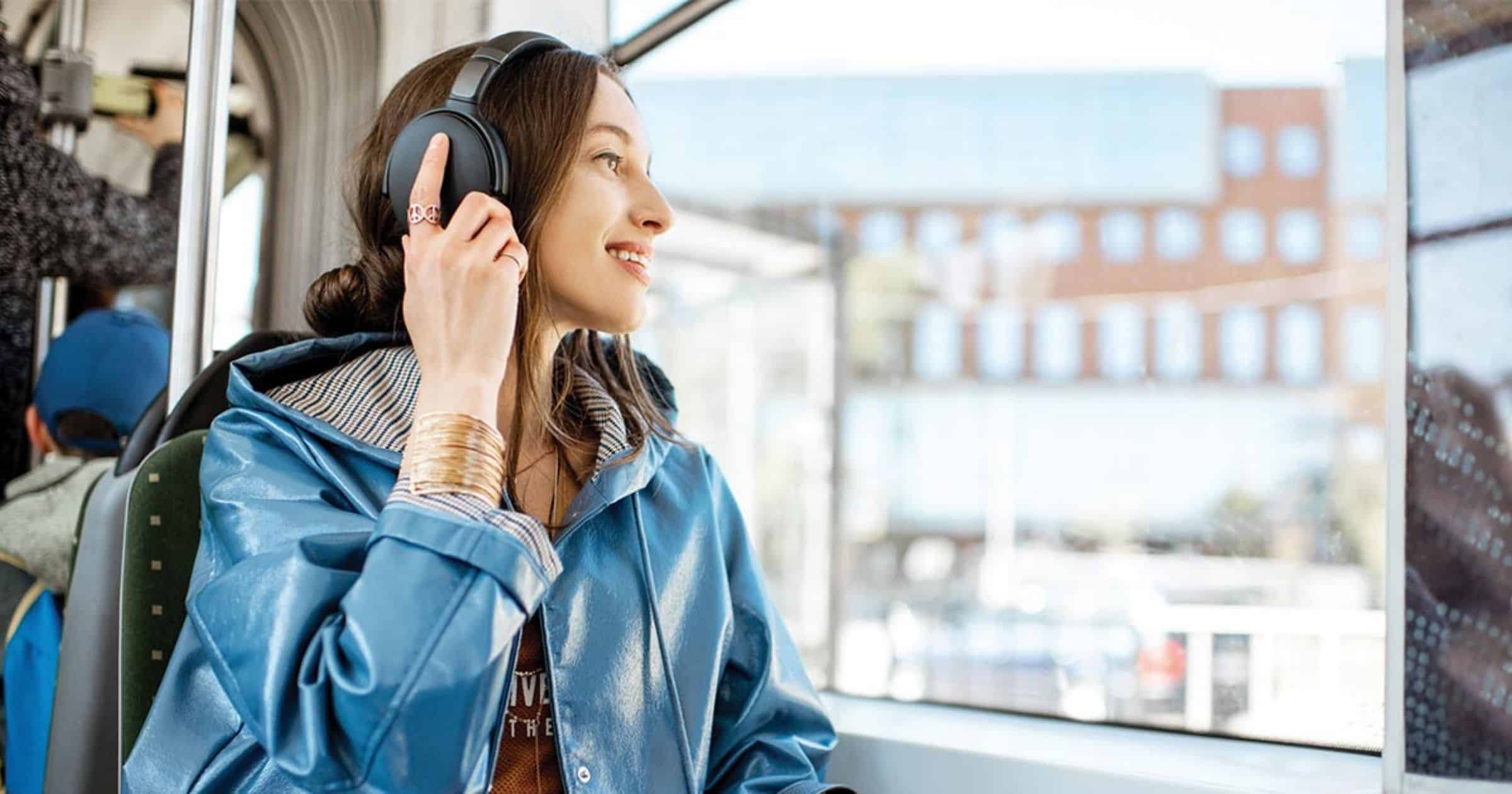Travel guides and tour operators juggle itineraries and deal with contingencies, but the past year has been an endless roller coaster filled with challenges and uncertainty.
Civil unrest around the world; higher prices for hotels, food, and beverages; staff shortages, business closings; increased prices due to tariffs and other unpredictable situations make planning student travel a challenge.
There are often roadblocks, and educators and administrators sometimes choose to postpone trips. Instead of depriving students of these travel opportunities and experiences, they should do careful planning, with safety as the main factor.
Educators can focus on these five key aspects (1) stay informed (2) plan and prepare and (3) practice safety measures (4) purchase travel insurance (5) maintain mental agility and flexibility to determine if travel is do-able during times of uncertainty.
Stay informed whether traveling around the USA or to a foreign country. If traveling overseas, be sure to consult the U.S. Department of State for travel advisories and country-specific information.
Once the itinerary is confirmed, the teacher should encourage each traveler to set up a free account with Smart Traveler Enrollment Program (STEP). This allows travelers to identify which country they will be in so the U.S. Department of State is aware of the location of US citizens and can contact them via email if necessary.
Two summers ago, I explored Europe and planned to visit Slovenia. Unfortunately, Slovenia had major flooding and travel to Slovenia was no longer an option. Because I had a STEP account and had listed my itinerary, I learned about the flooding and unsafe travel when I received an email from the U.S. Dept of State. As a result, I changed my travels to a new destination.
Plan and Prepare for your journey. Use a SYTA or well-respected travel agency to organize your trip. These agencies have the resources to adapt as needed. Years ago, I led a group of college students to Greece. While there, demonstrations occurred, and it impacted our trip. Gate 1 Travel adjusted our schedule, altered our transportation, changed our accommodation, and reassured us that we were safe. It was comforting to know that we had a travel agency who genuinely cared about their clients and had Plan B in place for such disruptions.
Make sure you are familiar with the laws and potential risks associated with your designation. Before you leave for your journey, send a digital copy of your itinerary and important documents (passport, visa, insurance, emergency contacts) to yourself.
Practice Safety Measures while traveling. Students and educators need to be aware of their surroundings, not overshare information with strangers, and pay close attention to your belongings. Years ago, I was visiting Spain and haphazardly placed my day pack on the ground beside me. I was hot & tired and just wanted to rest for a bit. A fellow tourist informed me people not paying attention often had their belongings stolen in this touristy location, and he recommended I place the strap of the backpack around my leg.
Ever since then, I have become more aware of my belongings and my surroundings. I pay attention to where I am, the nearest transportation system, and others around me. I recommend travelers use crossbody bags with RFID pockets, maintain a list of emergency phone numbers and keep phones charged.
Purchasing Travel Insurance is a priority now. There are numerous companies like Allianz, AAA, Safety Wing, World Nomads, and others that offer travel insurance, but make sure they provide what you need.
Key provisions you should look for in the policy should include trip cancellation (including Cancel for Any Reason), lost or damaged baggage, medical emergencies (you or someone at home) and potential disruptions related to unforeseen events. Travel insurance prices can vary based on age of participants, length of trip, cost of trip, high-risk activities and what is covered in the comprehensive travel insurance.
I never used to purchase travel insurance; it was just another expense. Due to the uncertainty of travel now, it’s just as important to me as my itinerary, flight schedule and accommodation.
Finally, Maintain Mental Agility and Flexibility while traveling. Things will go wrong, but one must remain calm, adapt, and adjust. It is important to rely on your travel company, who often has local guides who speak the language and are familiar with the location, to assist. Sometimes, the new plan turns out better than the old plan.
My friend Patti and I took a four-day Nile River cruise in Egypt. Due to an unforeseen incident, all river boats had to end at Aswan, and passengers were not allowed to sleep on the boat the last night. At first, we were upset, but when we learned that our tour operator had booked us a room at a 5-Star hotel on the Nile River, our attitudes changed. When I walked into the hotel and saw the marble floors, I no longer cared about sleeping on the boat.
Those leading others on an educational trip must be prepared for things to go awry. Keep a cheerful outlook, solve problems, remain calm and be flexible. Most importantly, keep a sense of humor.
Written by Julie Beck for the September 2025 edition of Teach & Travel.




